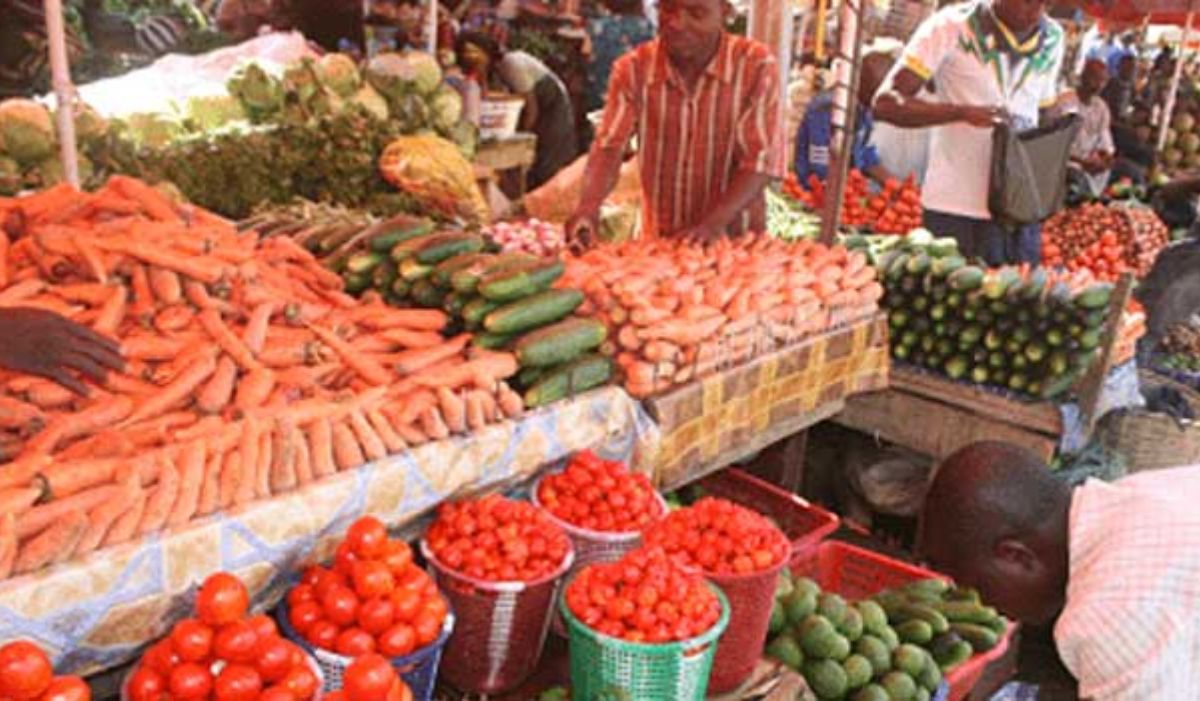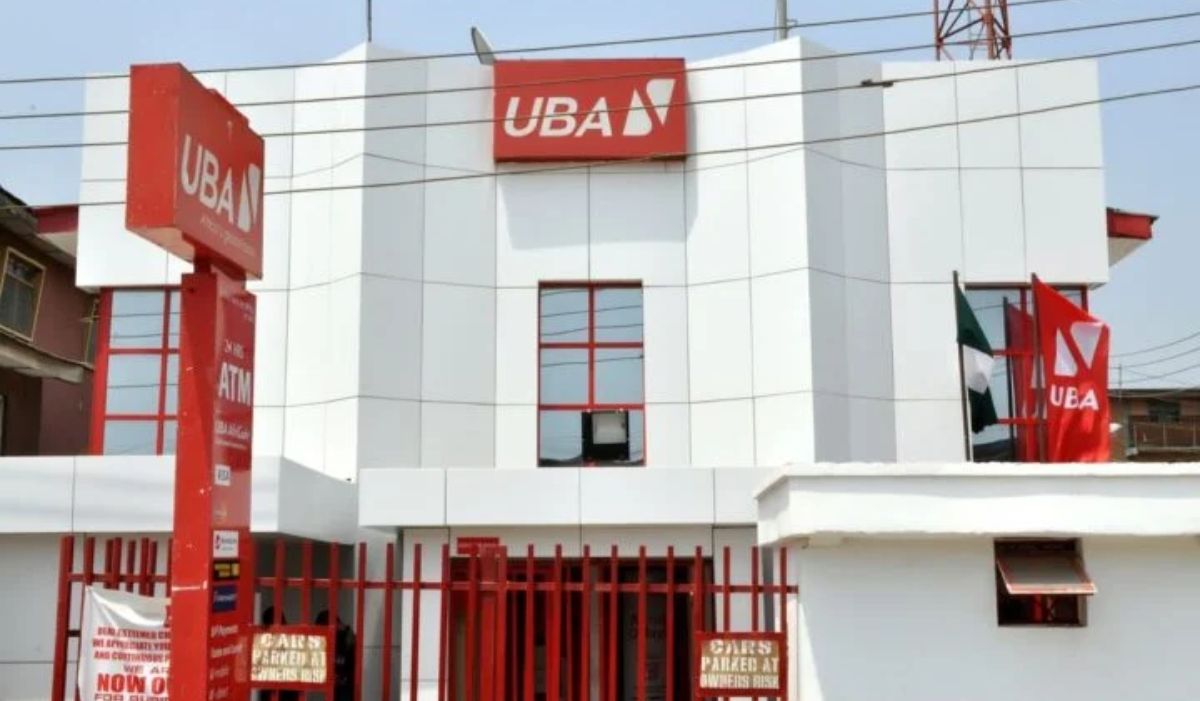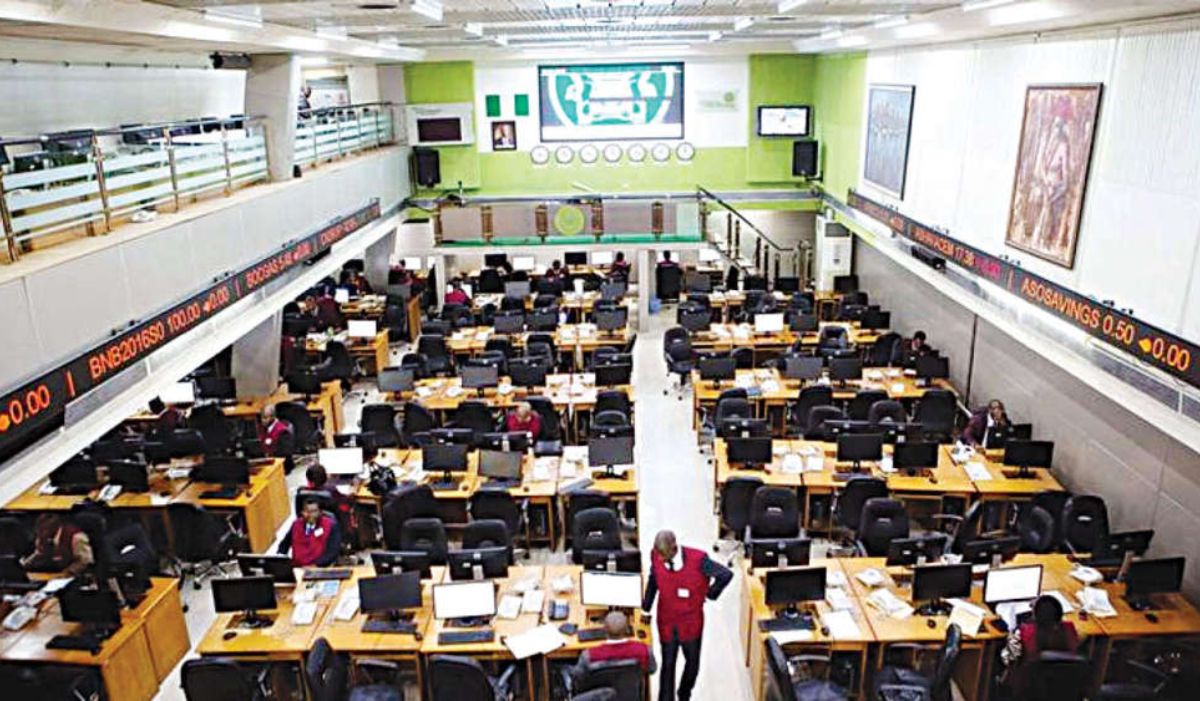Food Inflation Reaches Five-Year Peak in Benue Amid Security Crisis

Following the latest Consumer Price Index (CPI) rebasing, Benue State—widely recognised as Nigeria’s agricultural heartland—experienced unprecedented food inflation levels in April 2025, marking the highest increase recorded in half a decade.
An examination of National Bureau of Statistics (NBS) data reveals that Benue’s food inflation surged to 51.78 per cent in April 2025, a dramatic escalation from the 18 per cent average recorded during the corresponding period in 2021.
According to the NBS, “Food inflation on a year-on-year basis was highest in Benue at 51.76 per cent, Ekiti at 34.05 per cent, and Kebbi at 33.82 per cent.”
Before the renewed outbreak of violence in March 2025, food inflation in Benue had remained below the 30 per cent threshold.
Historical data show the inflation rate at 24.52 per cent in April 2023, representing an increase from 18.64 per cent in April 2022. The rate continued climbing to 37.56 per cent by April 2024.
However, the most dramatic surge occurred following devastating attacks that forced hundreds of agricultural workers from their lands throughout March 2025.
Areas such as Ukum, which houses the renowned Zaki Biam International Yam Market, witnessed catastrophic violence. The International Organisation for Migration (IOM) documented that over 341 individuals from 88 families lost their lives during one concentrated assault.
The coordinated raids by criminal groups and herders targeted agricultural communities, including Gwen West, Apa, and Guma, resulting not only in substantial price increases but also in cultivators abandoning their agricultural activities.
Essential food commodities such as groundnuts, rice, and yams—key agricultural products from Benue—have experienced a doubling in prices.
“Right now, prices of yams have doubled because the communities where they are grown are hubs for insecurity. Production of certain staples has dropped, and this is driving the price surge,” said Andrew Nambe, secretary of the All Farmers Association of Nigeria (AFAN), Benue chapter.
Nambe emphasised that persistent security challenges across the state have contributed to escalating food costs over the past quarter.
“Food prices are not what they used to be here again. For those of us who are natives, we know that insecurity has significantly increased our food prices over the years,” he explained.
The agricultural leader noted that numerous farmers have lost their homes and now reside in Internally Displaced Persons (IDP) facilities—a situation expected to further reduce agricultural output.
China Peters, both a farmer and IDP camp resident in Benue, described his decade-long displacement from his home village of Udei.
“I live in the IDP camp with other farmers from my village and other villages. It’s been 10 years now. At the beginning of this new administration, I thought they were going to restore peace and help us regain our homes, but so far, nothing has been done,” he said.
“We tried to go back to our farms last year and were able to produce a little food, but this year, with how insecurity has increased, we cannot even think of going to the farm,” Peters added.
Prince Yandev, chairman of AFAN’s North Central chapter, stressed that without comprehensive security solutions, agricultural workers will remain displaced, maintaining elevated food costs.
“Food prices have become something else,” he said. “We are supposed to be planting new crops now, but people cannot go to their farms because they’ve been seized by bandits.”
Research conducted by SBM Intelligence documented that from January 2023 through February 2024, criminal groups targeted 19 local government areas within Benue, resulting in approximately 690 fatalities and 130 injuries among the farming population, contributing to continued food price escalation.





